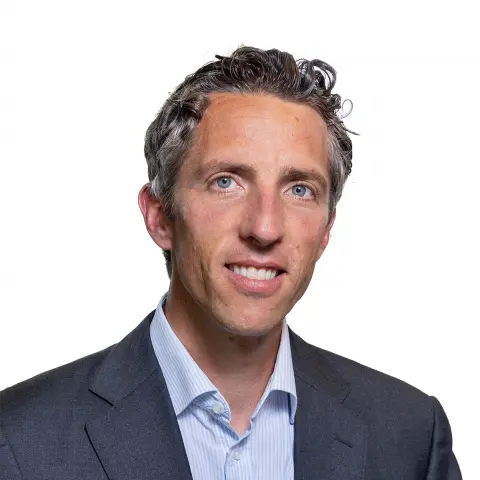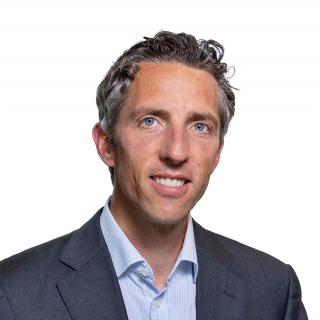There’s no cheap way of decarbonising air travel, but regulation might leave no other option
Boeing’s chief executive David Calhoun recently told the Financial Times: 'There is no cheap way of decarbonising air travel'. We did the maths and fully agree. Biofuels offer a start and could be a temporary solution, but synthetic fuels are the real game-changer. Unfortunately, they are currently up to 10 times more expensive
David Calhoun was saying the quiet bit out loud. Sustainable aviation fuels have a cult-like status, but the economics are often overlooked. And the economics don’t look good yet.
But first, one must define the catch-all term ‘sustainable aviation fuels’, or SAF, as there are so many variants.
Boeing’s CEO was referring to biogenic SAFs, which are, in fact, the more promising ones in the medium term. HEFA, for example, is the least-expensive SAF and is expected to play a large role in meeting industry targets. IATA is aiming at 6% SAF use by 2030, and corporate initiatives such as ‘Clean Skies for Tomorrow’ and ‘One World Group’ aim for 10%. The EU has recently also adopted a 6% mandate for 2030.
Two forms of sustainable aviation fuel: biogenic and synthetic-based
Main examples of SAFs and the inputs from which they are produced
While biogenic SAFs help to make a start in mitigating emissions, synthetic or e-fuels could set the sector on a truly net zero pathway towards 2050.
We have explained the magic of synthetic fuels in detail here. Put simply: synthetic fuels are made through a chemical process rather than mined from the earth. And CO2 is used as a feedstock in that process (synthetic kerosene), or the process does not involve CO2 at all (green hydrogen).
Unfortunately, the production and use of synthetic kerosene are highly inefficient and the technology is still expensive. As a result, synthetic fuels can be up to 10 times more expensive than current jet fuel.
Synthetic kerosene is currently the most expensive fuel option for aviation
Indicative unsubsidised cost of kerosene and synthetic fuel in euro cents per seat per kilometre

Boeing's chief goes a step further by stating that SAFs will “never achieve the price of jet fuel”. We are not so sure about that, as it requires so many assumptions on both the cost of fossil fuels and synthetic fuels. Yes, there are scenarios where they won't be able to compete, but you could also think of a future where they will be competitive.
Most people argue that SAFs are currently too expensive. We also believe that current jet fuels are too cheap and think it's fair to say that flying will become more expensive either way. After all, the future of SAFs is all about the relative cost of fossil-based jet fuels.
If the sector and politicians are really committed to a net-zero pathway, we expect to hear industry CEOs complaining about the rising costs of fossil jet fuel in the future. When this actually happens is in the hands of politicians and regulators as they design the policy instruments that set the sector on the net zero pathway.
From an economic point of view, we could think of a global carbon trading system – like the implemented European ETS for aviation – to capture the societal cost of emissions from aviation and create a level playing field with SAFs. And higher ticket prices will temper demand. But recent evidence also shows that people are eager to continue flying despite increasing fares.
The willingness of captains of industry to embrace these policies is important. If they do, there is no way of getting around decarbonising air travel, even if ‘there is no cheap way’.
Download
Download opinionAuthors

Gerben Hieminga
Gerben Hieminga is a Senior Sector Economist. He joined the firm in 2004 and previously used to work for the real estate team. He holds an undergraduate degree in economics and building engineering and a graduate degree in monetary economics from the University of Tilburg.
Gerben is an expert on the economics of energy markets and the energy transition and holds a part-time position as a teacher in this field at the University of Groningen Business School.
Gerben Hieminga

Rico Luman
Rico Luman is a senior sector economist with a focus on transport, logistics and the automotive industry. He also looks at ports economics and mobility in general. Formerly he worked as a credit analyst and joined ING in 2001. Rico studied economics as well as law at the University of Amsterdam.
Rico Luman
This publication has been prepared by ING solely for information purposes irrespective of a particular user's means, financial situation or investment objectives. The information does not constitute investment recommendation, and nor is it investment, legal or tax advice or an offer or solicitation to purchase or sell any financial instrument. Read more

